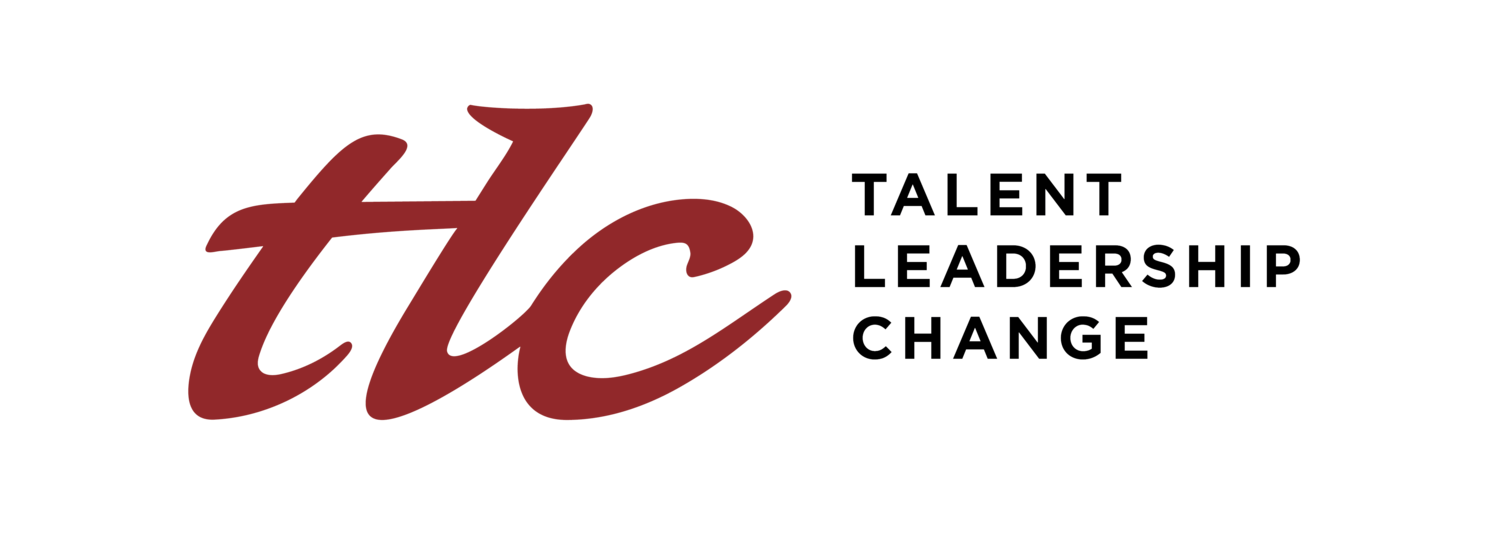Being a Critical Thinker When Witnessing Corruption
What
Corruption, the sneaky misuse of power for personal gain, shows up in bribes, embezzlement, and nepotism. Transparency International’s Corruption Perceptions Index (CPI) paints a bleak picture for the Philippines, scoring it at 34 in 2023 and placing it 115th among 180 nations. Yikes!
Consider the recent national buzz over the Php6.326 trillion budget, fashioned and "deliberated" upon by the bicameral committee, then signed into a neat law by Pres BBM on December 30. Ninety percent of this hefty package? Funded by taxpayers. Our funds, our drama!
This follows telenovela-worthy hearings on "confidential and intelligence funds," with their nail-biting coverage giving our beloved noontime shows some serious competition.
Switch gears to South Korea. Political chaos post-President Yoon Suk Yeol’s Martial Law stumble last December sparked a passionate split, leading citizens to paint the streets with their unwavering convictions. Now, that's one way to make noise!
These facts stem from news of the world's 12th richest economy by GDP. While temptations arise to speculate about hidden puppet masters behind the chaos, I'll stick to the drama as presented. Less conspiracy, more clarity!
So What
Amidst a backdrop of escalating corruption in the Philippines, the parallels to past plunders by prominent families are deeply unsettling. Today, the malfeasance has become systemic, involving multiple political dynasties, not just one. Despite Presidential SONA reports of reduced figures, a staggering number of Filipinos (7-8 out of 10 families or 18-22million families) still languish in poverty, echoing conditions that spurred historic uprisings. Just connect the dots!
These concerns recall the dominoes leading to the EDSA revolution in 1986. Now, however, political "trapos" act with impunity, leveraging budgetary budget line items like “confidential” and “intelligence” funds. It raises questions: Are we waiting for another triggering event? Have we become too complacent to notice we’re being deceived by the very “leaders” we have voted into office and the people they appoint in important positions?
The real challenge lies in whether we, as a society, mindfully recognize these truths. If we do, why are we passive? Is the complexity of the situation too overwhelming, leaving us as apathetic bystanders? Is it easier to look the other way? To what extent does our cultural and religious values, predominantly Christian Catholic, play a role in our reluctance to act?
Understanding these interlinked issues is crucial. Addressing systemic corruption requires more than traditional problem-solving methods. Let us acknowledge the complexity, engage in thoughtful dialogue, and initiate non-violent communication and collective action to combat this persistent challenge.
Now what
To address systemic corruption, we must act decisively:
1. Education and Awareness: Launch programs to educate all Pinoys on corruption's impact and prevention methods. Talk Adaptive Action: Ask What? so what? Now what? And persist with these actions while remaining agile.
2. Policy Advocacy : Push for stricter implementation of anti-corruption laws (including “Anti-Dynasty” Laws) and transparency measures.
3. Community Involvement: Form coalitions (start small then scale!) to monitor and report corrupt activities.
4. Leverage Technology: Use digital platforms for governance transparency.
5.Take action now:
a. Grassroots Movements: Engage local communities to demand transparency and accountability, learning from successful examples nationwide.
b. Accountability Mechanisms: Establish citizen watch groups in every barangay, starting with your/ my own.
c. Replication: Implement effective strategies learning from across our country and Southeast Asia.
When everything else fails, there’s always the streets. EDSA Tres? Kung hindi ngayon, kelan? Kung hindi tayo, sino?
-Susan Grace Rivera
Posted Date Jan 08, 2025
